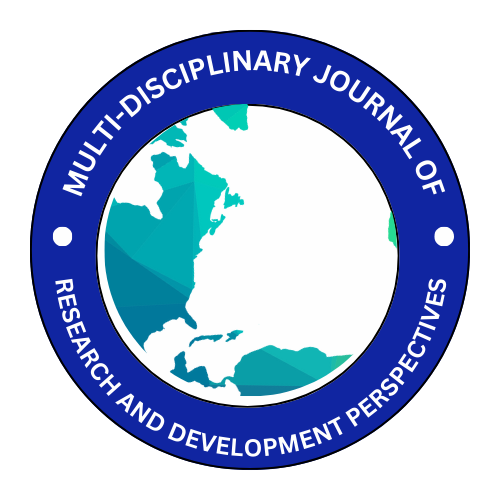FAMILY FORMS AND FOOD SECURITY IN CALABAR SOUTH LOCAL GOVERNMENT AREA OF CROSS RIVER STATE NIGERIA
Author(s): STEPHEN UBONG ANDREW, MAGARET NDEM NDIYO, FAITH UFFIA-INYANG OGO, EUCHARIA NWAGBARA
Institute(s): Department of Sociology Faculty of Social Sciences University of Calabar
Volume 10 / Issue 2
Abstract
The family in executing its primary function of food supplies to its young is affected by the form it assumes. The study seeks to investigate the role of family forms on food security in Calabar South Local government area of Cross River state, Nigeria. Respondents were from the study area guided by the survey type of research design. A total of 200 respondents were selected from the area using accidental sampling. Data was elicited via the instrumentality of the four-point Likert Scale Questionnaire. On the basis of the responses gathered the two hypotheses postulated for the studies were tested with the aid of Pearson Product Moment Correlation (r). Findings show that Matrifocal families and Large family size have relationship with food security. The study recommends among others that the Government expand her population policy of 2004 to encompass child birth resulting from illegitimate sexual relations which is the basis for the multiplicity of matrifocal homes and implement same along other aspect which prohibits families from having beyond 4 offspring
Number of Pages: 16
Number of Words: 4610
First Page: 18
Last Page: 31
